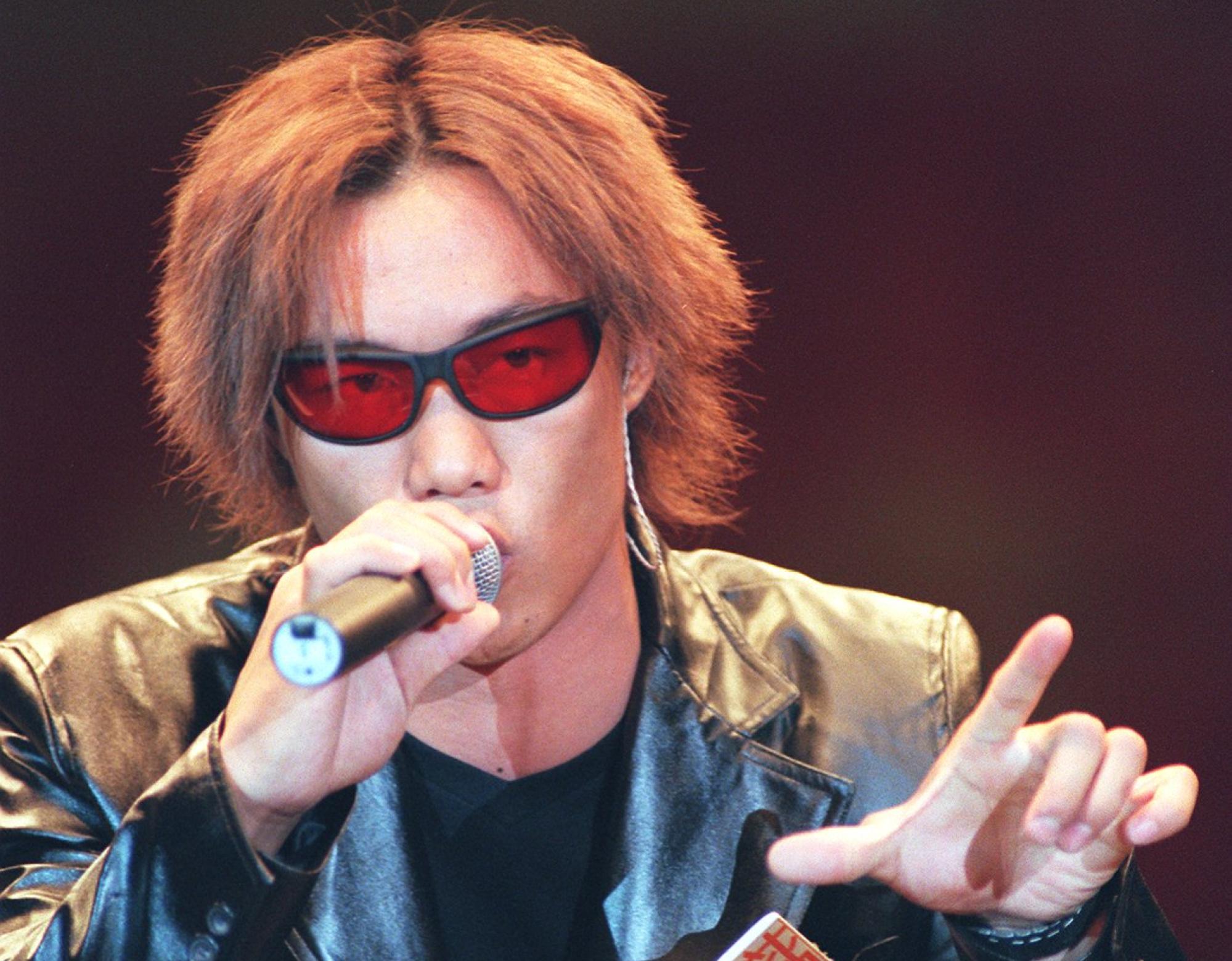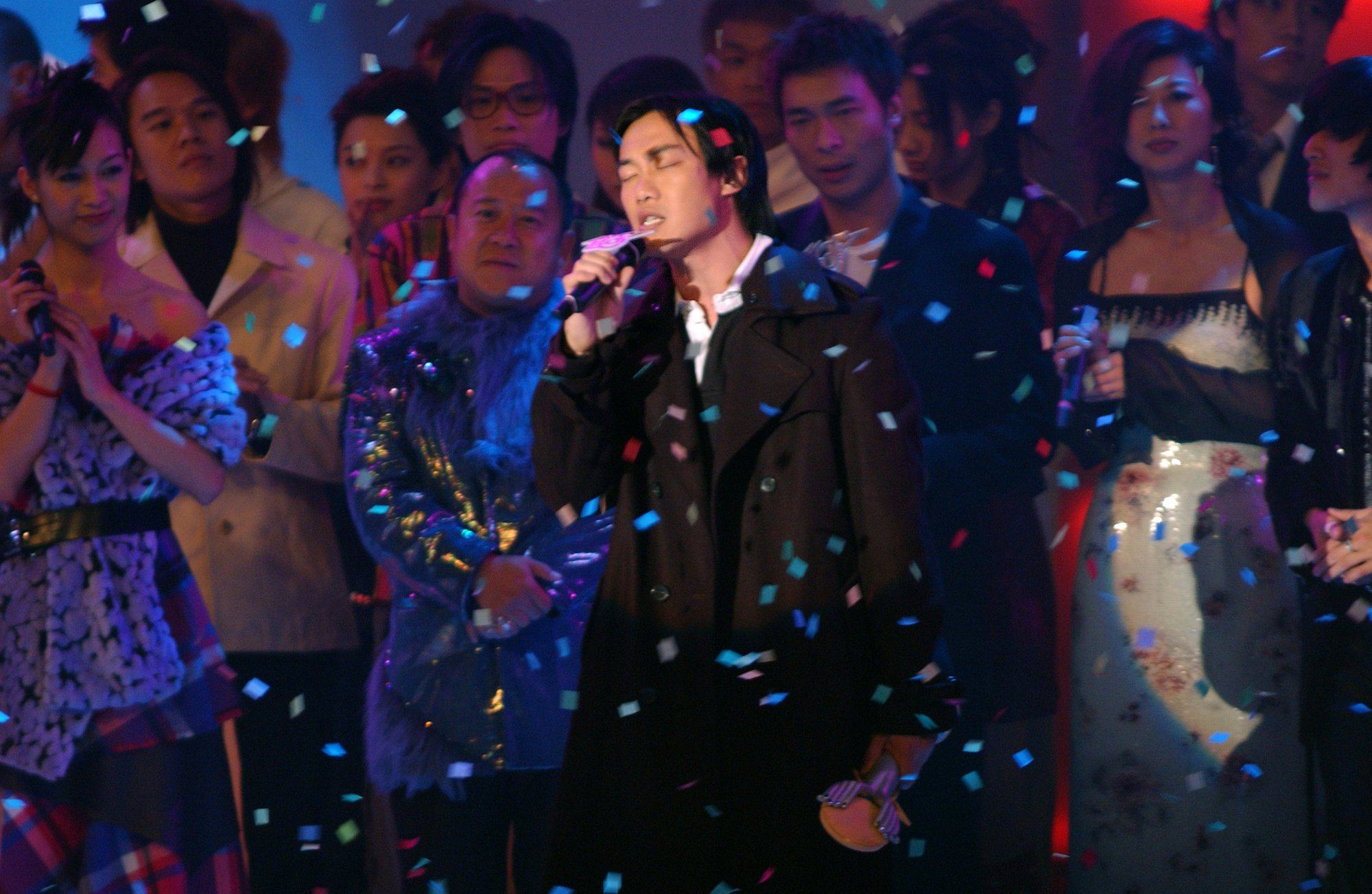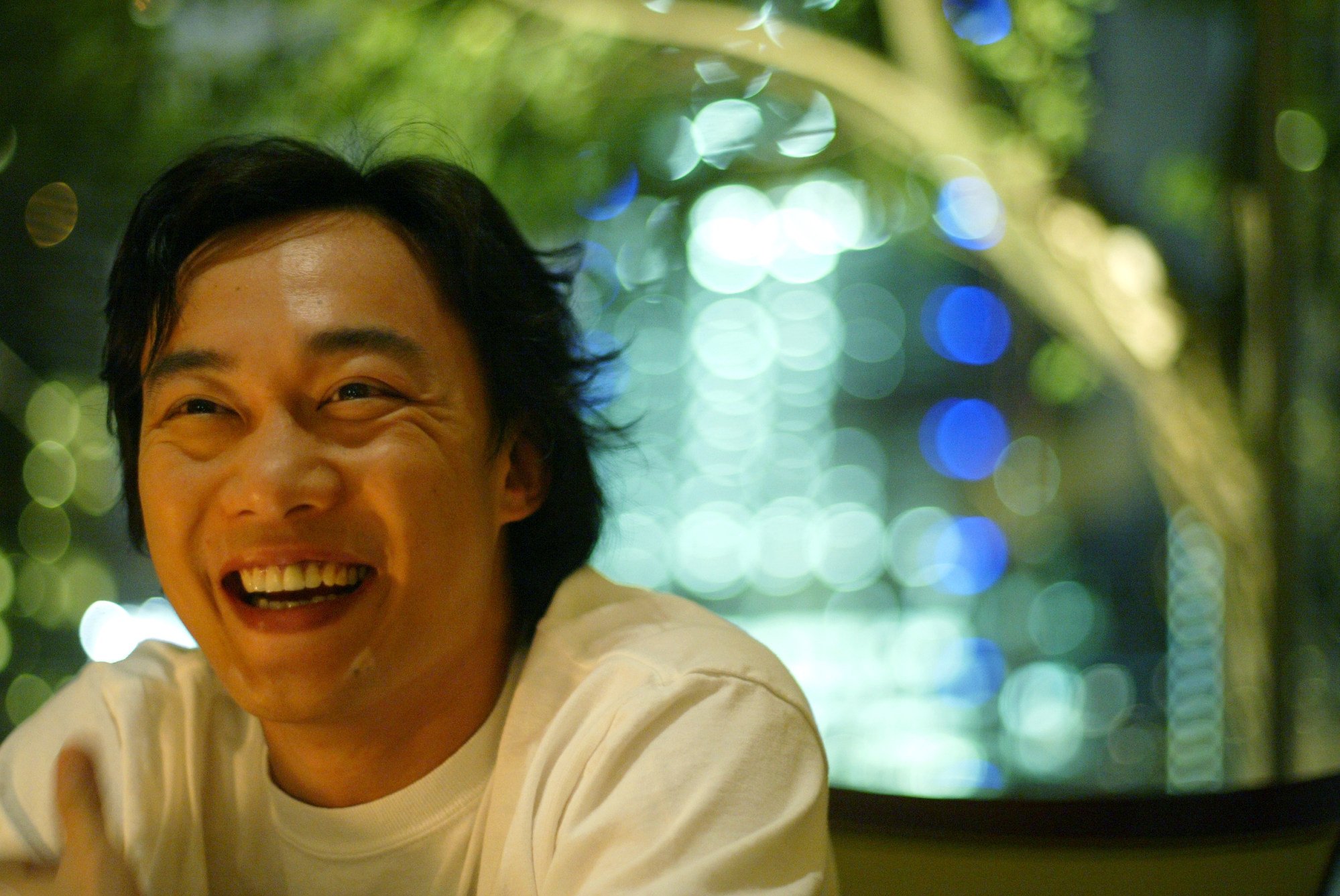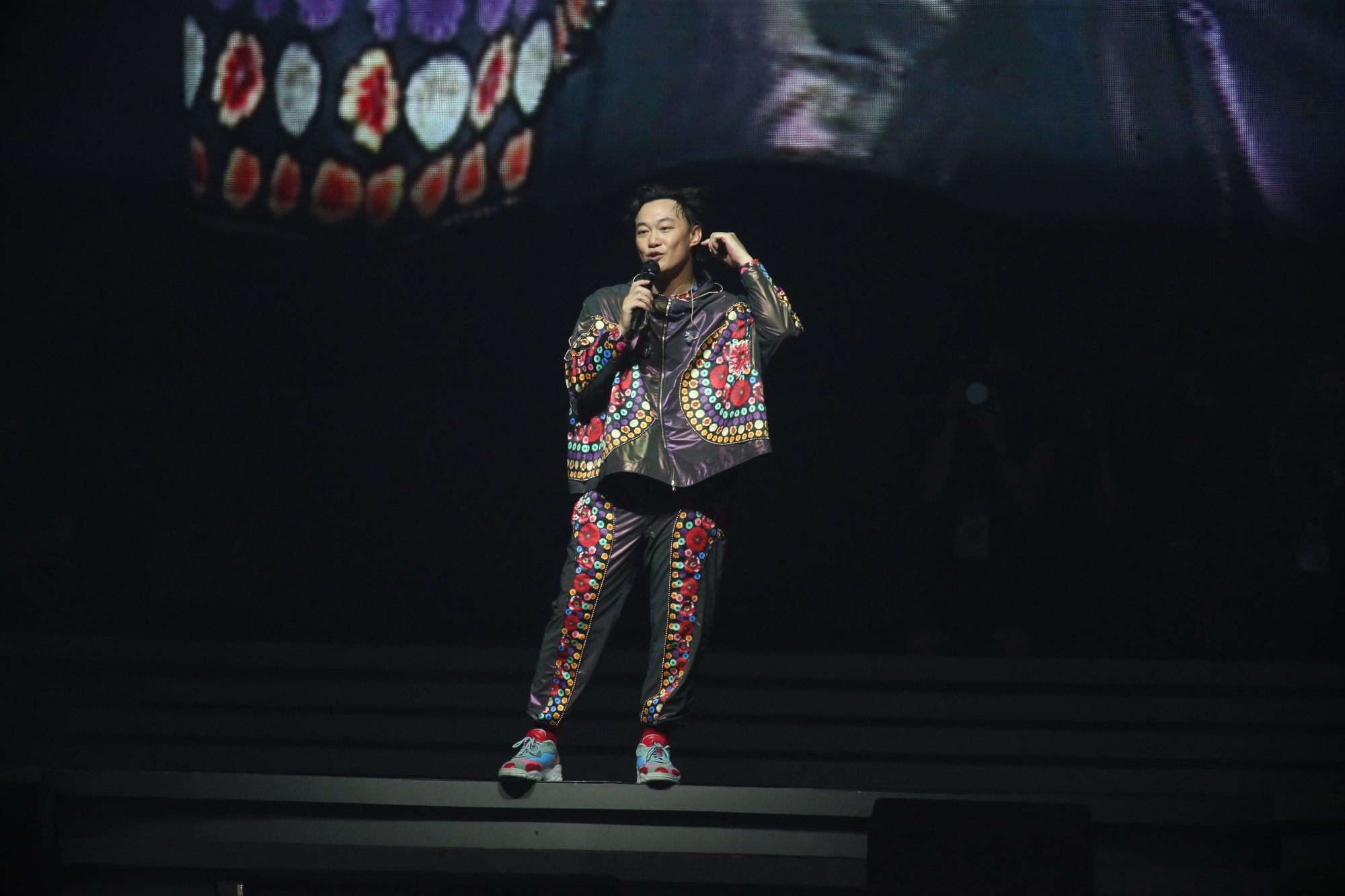Eason Chan, Hong Kong actor and singer who was never afraid to spark controversy

Chan won first place with “Moon Gazing,” a Cantonese song originally sung by Jacky Cheung Hok-yau, and received a recording contract with Hong Kong label Capital Artists.
“I realized I had to take this seriously. This is professional stuff. That’s probably when I started thinking that this is actually… a career,” Chan said.

Chan releases debut album Eason Chan 1996, but this Cantonese album did not attract much attention. His first Mandarin album, A drop of tear, was published in 1997.
After releasing a number of albums, some of his songs, such as “There’s No Another” and “Happy Ferris Wheel”, became popular not only in Hong Kong, but also in Taiwan and mainland China.
A turning point in his career came in 2000 when he signed with the music label Emperor Entertainment Group. His first Cantonese album with the new company, Some like it hot (2000) received a platinum award from the International Federation of Phonographic Industry (Hong Kong Group) for its outstanding sales volume.
“King of Karaoke,” one of the album tracks, which borrows the titles and melodies of many popular Cantopop songs, quickly became a hit and garnered numerous music awards.

His subsequent albums, such as Should we dance? Should we talk? (2001), The one-way trip (2001) and The occupation (2002) continued to receive recognition, and his Mandarin album It’s me (2001) increased his popularity throughout Southeast Asia.
In 2003, Chan won the award for Best Male Mandarin Singer for the first time – he won again in 2015 and 2018 – and for Best Album of the Year for Special thanks to … (2002) at the Golden Melody Awards in Taiwan. After Jacky Cheung, he is only the second singer from Hong Kong to receive the award for best male singer at the awards ceremony.
This year he released the album Black, White & Greyin which the song “Ten Years” – a Mandarin version of his Cantonese song “Next Year, Today” – became a hit in China and his popularity skyrocketed in mainland China.

“There are always tough times in life, and that happens to everyone in every job. But those experiences make you stronger,” Chan told the Post in 2016. “I don’t tend to remember the bad things, and I guess I’m really enjoying my life right now.”
In 2005, Chan signed a contract with Universal Music Group and released U87one of his most critically acclaimed albums. Subsequent albums increased his popularity even further and earned him a number of awards, cementing his position as a leading figure in the Asian music scene.
Chan has won the Most Outstanding Male Vocalist award for 13 consecutive years and the Global Chinese Gold Song Award ten times at the Top Ten Gold Songs Awards held by Hong Kong public broadcaster RTHK.

During the ceremony, Chan gave a speech in which he said, “I have received a lot of awards, actually more than I deserve, I think.” He said it made him reflect on the meaning of his awards and his so-called success.
“For me, success means having a very kind and loving heart, and I think that’s the best thing,” he said.
In 2006, Chan married his long-term partner, former actress Hilary Tsui Ho-ying, a year after they welcomed their daughter. Despite occasional rumors and speculation about their marriage, Chan has always publicly expressed his love and devotion to his wife.
Chan has performed over 300 concerts worldwide since 1999. His Fear and Dreams World Tour, which began in Hong Kong in late 2022, continues – although he had to take a temporary break due to an injury following a heat stroke that sapped his strength.

Since its peak in the 1990s, Cantopop has taken a back seat to the growing influence of K-pop from South Korea and Mandopop from mainland China and Taiwan. Yet Chan remains one of those keeping Cantopop in the spotlight.

“Cantopop has developed its own character by having a similar structure and arrangement,” he said in 2016. “There are variations in Cantopop. Many artists try many different things. It’s just that most of the time people only talk about a few songs.”
“And I don’t think that’s a problem. These songs are popular for a reason.”
Related Posts

Five Famous Dharm Gurus in India (Update 2024)

Mariners narrowly miss team record after loss to Twins

